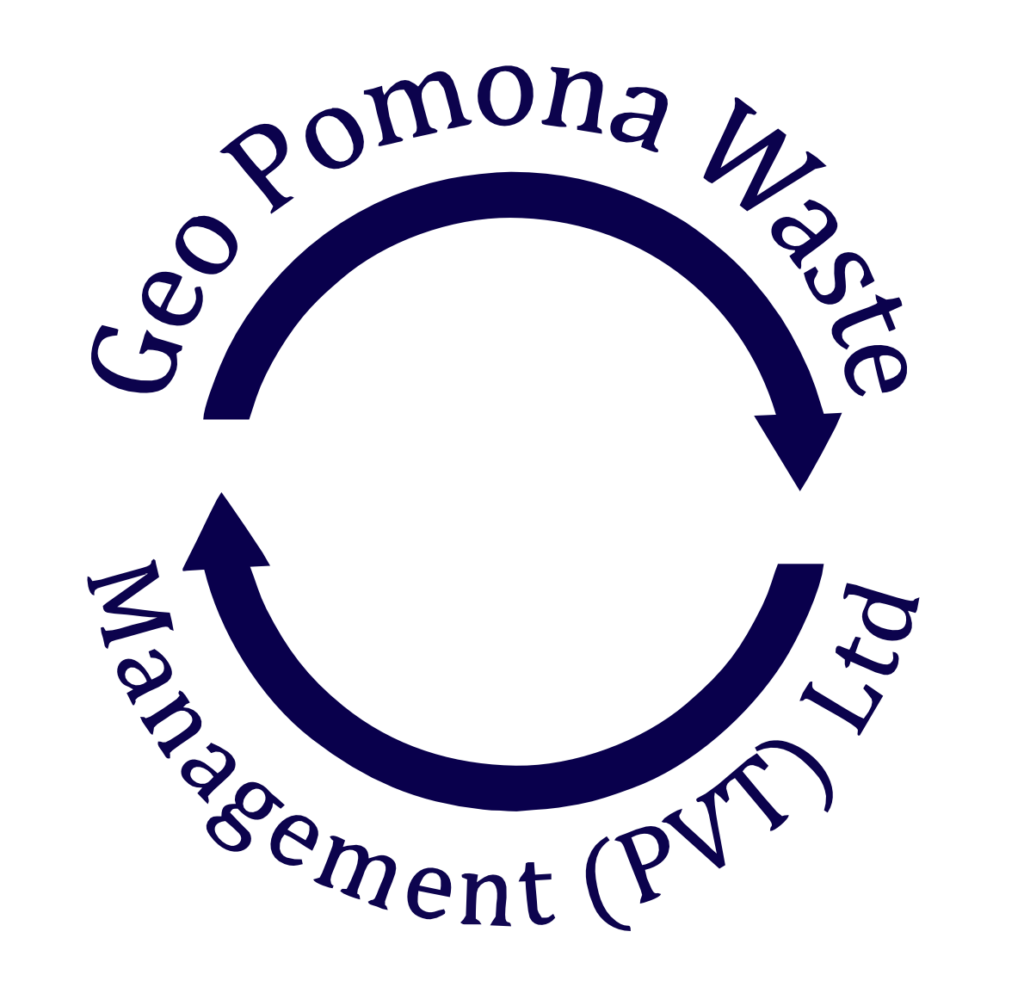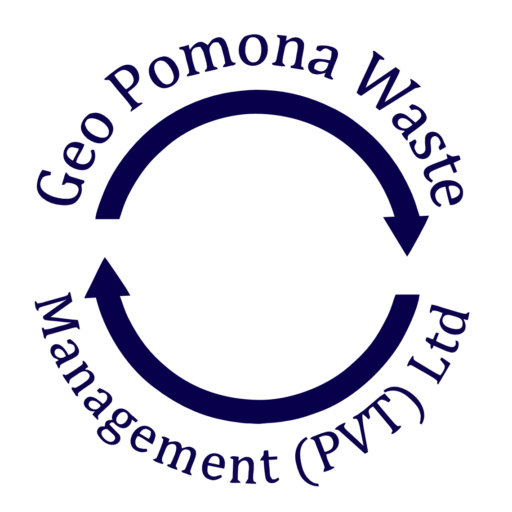The First Lady Dr Auxilia Mnangagwa was greatly impressed by the new-look Geo Pomona site, which she described as breath-taking and a good example of good waste management.
Dr Mnangagwa recently toured our site during the World Environment Day where she witnessed the massive transformation we have implemented.
Among the facilities already in place at the site are the sorting plant for waste separation either for reducing it, reusing or recycling, waste water treatment plants, weighbrigde, concrete mixer and the state of the art sporting facilities.
“This new modern waste management ecosystem is a true testimony of what we can do collectively to conserve our environment,” said Dr Mnangagwa.
After being impressed by our work, Dr Mnangagwa moved to suggest a training school for waste management to be established.
The First Lady said Zimbabwe considered environment issues seriously, hence the Geo Pomona Waste Management project is environment-friendly.

Our site has impressed other leaders including SADC Executive Secretary Elias Magosi, who said some other regional countries should implement similar projects.
Dr Mnangagwa said: “As a country we are pleased that Zimbabwe was selected for the commemorations of the world environment day. This comes at a time when we will be hosting the SADC summit in August of this year.
“We are determined to join the SADC nations and others to a prosperous planet earth in which people live healthy lifestyles and clean environments. I want to thank for the honour bestowed on me to be the patron of SADC and Government thank you so much,” she said.
His Excellency President Emmerson Mnangagwa has been fully supportive of private companies to thrive under the Second Republic.
The Pomona site was once smelly dumpsite which we have turned into a beautiful public park.
The former Pomona dumpsite used to be a thorn in the flesh characterised by perennial fires every year, flooding, air pollution leading to public health issues such as respiratory ailments, diarrhoea and dengue fever.
It used to teem with pesky flies, maggots and rummaging dogs all thriving in the slimy, sticky mixture of all sorts of decaying garbage.
On a “good day”, surrounding residential areas were treated to waves of nauseating odour and in the worst case, they could go for weeks on end blanketed in thick oily smoke from burning litter.

Dr Mnangagwa added: “The littering by individuals and companies of both liquid and solid waste is a source of environmental pollution.
“Many preventable diseases emerge from the human environment, of which ambient air and water pollution are catalysts of various diseases. The diseases have been pervasive, originating from homes, businesses and community areas, creating an unhealthy environment for citizens and putting children in vulnerable situations,” said the First Lady.
“These ecosystems purify our temperatures, and air provide water, regulate recreational opportunities, and offer habitat for diverse wildlife. However, unchecked urbanisation and unsustainable practices threaten these vital resources and their functions. Restoring urban ecosystems require awareness and action from both citizens and policy-makers.”
Dr Mnangagwa added that, “Every year, large quantities of plastic waste pollute our land and water bodies impacting negatively on ecosystems and wildlife. In Zimbabwe, very little of the waste is recycled, and plastic waste constitutes a significant portion. If plastics end being in our environment and thus uncollected, the clogging our rivers, wetlands, crop land and grazing areas”.

